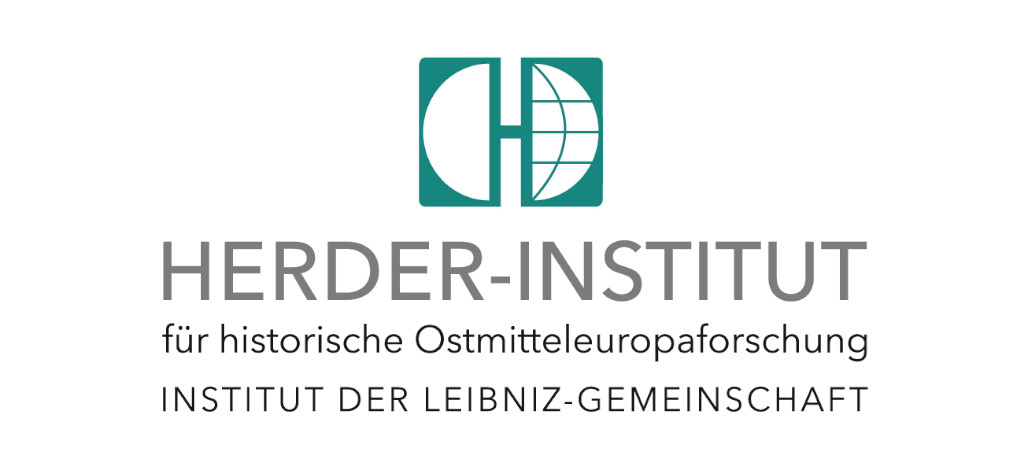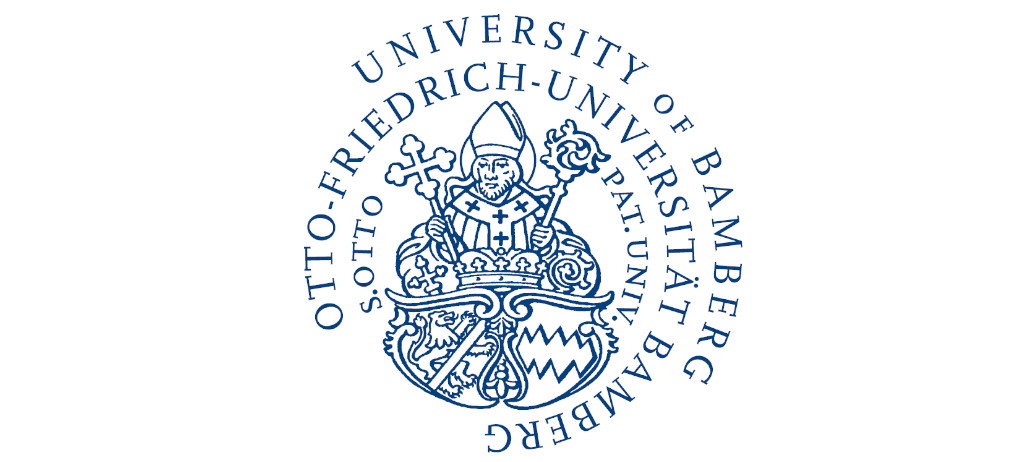Main Content
Subproject A02
Crusader states: Foundations, conditions and regulations for creating 'security' between Christians and non-Christians, Latins and non-Latins in the Crusader states (12th to 14th centuries)
1. Funding period (2014-2017)
The subproject is dedicated to aspects of securitization in the Latin crusader dominions of the Near East, primarily in the 12th and 13th centuries. Questions about security actors and their practices as well as the ambivalences of securitization take up a lot of space. In addition to royalty, nobility, and the Latin Church, the Italian maritime republics privileged in the Kingdom of Jerusalem and the ecclesiastical orders of knighthood are encountered as security actors.
The Latin kings of Jerusalem, or court, act significantly as security actors when they act as legislators, as issuers of charters, and as contracting parties. On the one hand, the Latin church hierarchy pursues an offensive Latinization of ecclesiastical relations: Greek bishops are ousted, the Greek Christians of the Byzantine imperial church are "forcibly integrated." On the other hand, there are in part far-reaching compromises with the Armenian and Syrian Christians and forms of recognition of their own ecclesiasticism. This "double strategy" gives rise to a policy full of variations, which therefore has to be examined under the aspect of securitization, since it clearly contrasts with the strong Latinization and unification pressure exerted by the Roman Church in all other parts of Latin Europe.
The Latin nobility pursues its own rule formation within the framework of feudal law. As security actors, noble rulers act both militarily-politically and in terms of settlement policy: as new landlords, they support the settlement of Latin colonists near Christian villages, and they regulate the lives of the Muslim rural population. Their strategies varied between "tolerance" and repression. The clerical orders of knighthood develop into exclusive military security elites, taking over and equipping royal castles in particular. Templars and Knights of St. John also appeared as politically active security elites from the 2nd half of the 12th century, sometimes in competition with each other.
Finally, the Italian maritime republics of Pisa, Genoa and Venice were already privileged by the Latin kings in the early 12th century and took on functions of providing security on the coasts and on the high seas (fighting piracy). With the quarters assigned to them in the major port and coastal cities of the Crusader states, they also assume security functions in the cities.
The loss of authority of the crown and the absence of kings in the 13th century strengthened the importance of the Latin high nobility, the knightly orders and the Italian maritime republics, which, however, split into different factions and turned the kingdom into a 'failing state'. The crown is now claimed only as an abstract authority, represented by the regents and as a guarantor of feudal and judicial law in the legal literature. In this context, the ambivalences of securitization are to be examined above all.
Inhalt ausklappen Inhalt einklappen Members
Subproject Head
Prof. Dr. Stefan Tebruck
Research Assistant
Fabian Rösch
Student Assistants
Monika Gerundt
Roman Tischer



